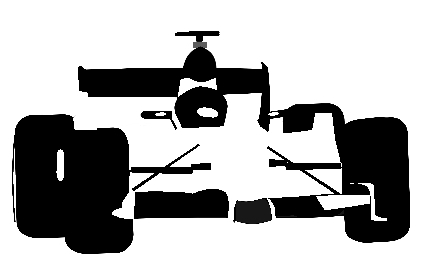Situation Entities project
Linguistic expressions form patterns in discourse. Passages of text can be analyzed in terms of the individuals, concepts, times and situations that they introduce to the discourse. In this work, we focus on situation entities, which are expressed at the clause level. In her work Modes of Discourse (2003, a shorter version can be found here), Carlota Smith distinguishes the following situation entity types:
| Situation Entity Type | Definition | Example |
|---|---|---|
| State | States introduce specific properties of specific individuals to the discourse. |  John loves cake. |
| Event | Events introduce a specific event to the discourse: things that happen or happened. |  Mike won the race. |
| Generalizing Sentence | Generalizing sentences report regularities related to specific individuals. |  Mary often feeds my cat. |
| Generic Sentence | Generic sentences make statements about kinds. |  Lions are carnivores. |
| Abstract Entity | Abstract entities are a type of embedded situation, the clausal complements of verbs of knowledge or belief. |  Mary knows that John loves cake. |
Although these categories are clearly distinct from one another on theoretical grounds, in practice it can be difficult to cleanly draw boundaries between them. Our main research questions are:
- Assessment of the applicability of classification of situation entity types as described by Smith (2003): to what extent can situations be classified easily, which borderline cases occur, and how do humans perform on this task?
- Training, development and evaluation of automatic systems classifying situation entities, as well as sub-tasks which have (partially) been studied by the NLP community, but for which no large annotated corpora are available (for example, automatically predicting the fundamental aspectual class of verbs in context (Friedrich and Palmer, ACL 2014) or the genericity of clauses and noun phrases (Friedrich and Pinkal, ACL 2015)).
- To provide a foundation for analysis of the theory of Discourse Modes. Smith (2003) proposes the modes of Narrative, Report, Description, Informative, and Argument at the level of passages. The modes differ by their kind of progression and distribution of situation entity types.

